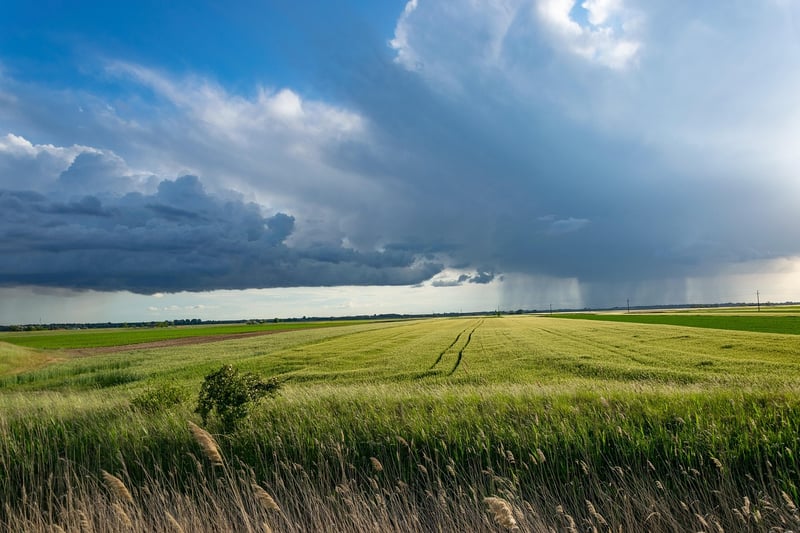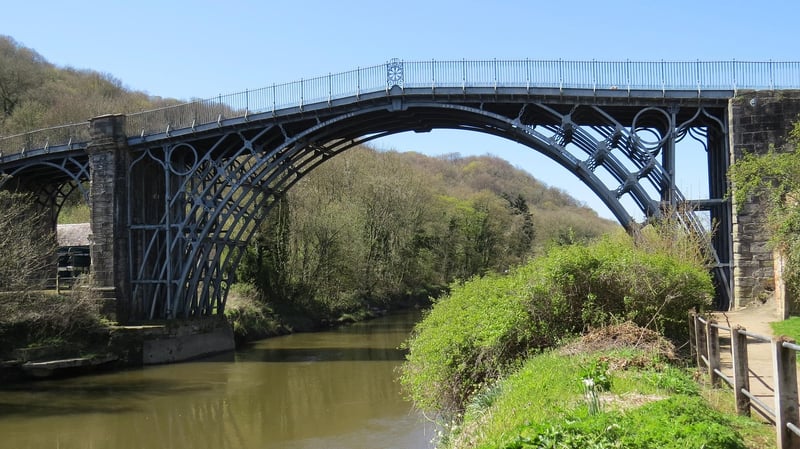Industrial Revolution
Exploring Different Historical Periods: The Industrial Revolution
History is a tapestry woven with the threads of different time periods, each contributing to the rich heritage of humanity. One of the most significant eras that shaped the modern world is the Industrial Revolution, a period of immense change and innovation that revolutionized the way people lived, worked, and interacted with one another.
The Agricultural Revolution (18th century)
The transition from traditional farming practices to more mechanized and efficient methods marked the beginning of the Agricultural Revolution. Advancements in agricultural technology, such as the seed drill and crop rotation, increased food production and population growth.

The Enlightenment (17th-19th centuries)
The Enlightenment was an intellectual movement that emphasized reason, science, and individual rights. Thinkers like Voltaire, Rousseau, and Locke challenged traditional authority and laid the groundwork for modern democracy and human rights.

The Industrial Revolution (18th-19th centuries)
The Industrial Revolution ushered in a new era of industrialization, urbanization, and technological advancements. Inventions like the steam engine, spinning jenny, and power loom transformed manufacturing processes and led to the growth of factories and cities.

The Victorian Era (19th century)
The Victorian Era, named after Queen Victoria of England, was characterized by strict societal norms, rapid industrial growth, and cultural refinement. It was a period of great prosperity and innovation, with advances in literature, science, and technology.

Conclusion
Exploring different historical periods allows us to understand the roots of our present and appreciate the progress made over time. The Industrial Revolution stands out as a pivotal moment in history that laid the foundation for the modern world we live in today.
Let's continue to delve into the annals of history and uncover the fascinating stories and innovations that have shaped our world.
